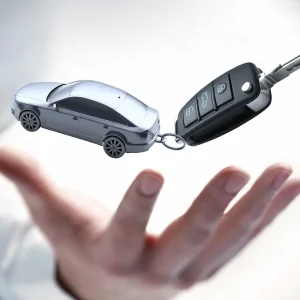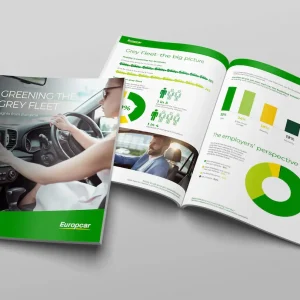In recent years the need to limit the impact of vehicles on the environment has become even more pertinent with widespread plans to move to alternative fuels, improve air quality and cut carbon emissions. Most notably, the deadlines imposed by the UK government on the transition to electric and zero emission vehicles. It has pledged that by 2035 all new cars and LCVs sold must be either pure electric vehicles, or hydrogen fuel cell EVs. The sale of new petrol and diesel models will be banned from 2030 and new hybrids by 2035.
The transition to zero emissions is not solely a UK government initiative however with nearly 30 governments, states, manufacturers and fleets worldwide signing a declaration at the COP26 environmental summit, that committed to the sale of all new cars and vans being zero emissions by 2040. It added that business fleet owners and operators, or shared mobility platforms, “will work towards 100% of our car and van fleets being zero emission vehicles by 2030, or earlier.”
With this in mind, how can businesses ensure their organisations are aligned with these goals, and fit the needs of a changing collective mindset? The answer could lie with the sustainability manager.
Emerging requirements
The global move to zero emissions will affect all businesses in the long term, but fleets at some of the largest companies are already having to report their carbon footprint and environmental impact. The Streamlined Energy and Carbon Reporting (SECR) programme, for example, demands energy and carbon reporting by businesses that fit certain criteria. Those that are required to must report how much energy the business is using in its operations, such as total annual energy consumption, certain greenhouse gas emissions and their emissions intensity ratio. Businesses must also show the actions they are taking to reduce energy usage and carbon emissions, as well as illustrate their methodology for calculations.
As a result, sustainability managers have a role to play in not only measuring and reporting current emissions, but looking at ways of reducing environmental impact in future through new ways of working and procurement.
What does a Sustainability Manager do?
Typically, a Sustainability Manager will concentrate on three main areas within fleet operations, including:
Minimising excessive journeys
Sustainability managers will monitor if the fleet has the right number of vehicles for the operational needs of the business, and whether they are being used in the right way. They will also monitor the routes being taken and mileage driven to reduce emissions by minimising journeys.
Harnessing technology to meet mandates
New technologies are emerging all the time and alternative fuels are developing, so it is the sustainability manager’s role to identify if the company can utilise these on its journey to zero emissions. This may mean not just looking at the fuel type but identifying the right vehicles that will strike the delicate balance between operational suitability and environmental impact.
Maximising fuel and vehicle efficiencies
A sustainability manager will ensure that the amount of fuel or energy being used is either reducing or at acceptable levels. To support this they may analyse MPG, recording fuel purchasing and consumption, vehicle performance and maintenance.
The sustainability manager: an agent for change
These days data makes the world go round and this is particularly true for sustainability managers. At Allstar, for example, intel produced through charging or our charging solutions can be utilised to make buying and operating decisions and demonstrate the road to zero emissions. Having this type of information readily available allows sustainability managers have a holistic view of their fleet and make changes as needed to reach their targets while enabling them to report to the business the impact of its fleet.
For most businesses, the sustainability manager is becoming an increasingly important role ensuring the framework is in place that is needed to instigate real change, as well as reporting on current activity, ultimately working to reduce a firm’s environmental impact while making it more operationally and financially efficient too.
Tom Rowlands is managing director for global EV solutions at Fleetcor





